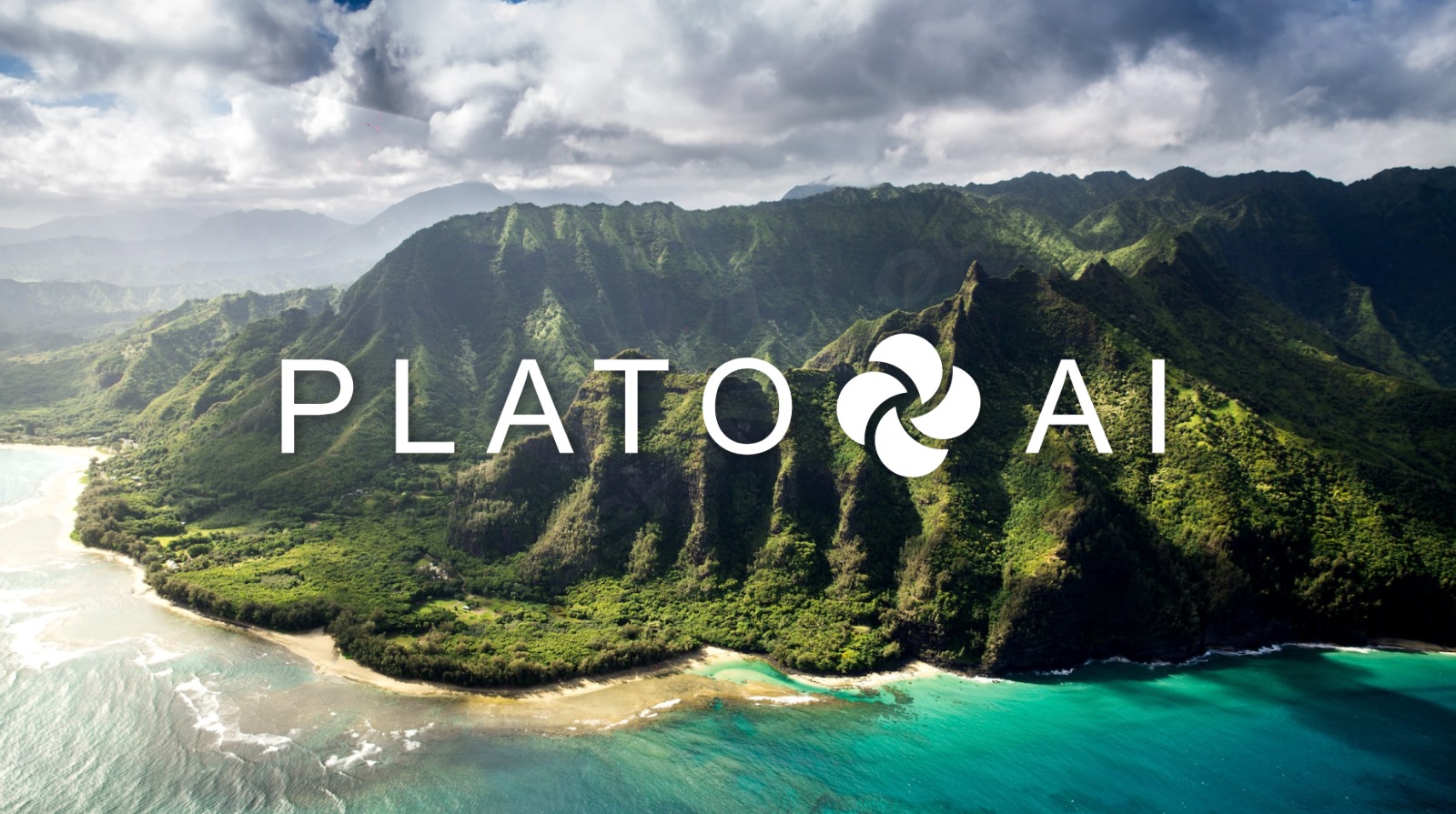Carbon credits are a crucial tool in the fight against climate change, allowing companies and individuals to offset their carbon emissions by investing in projects that reduce greenhouse gas emissions. However, not all carbon credits are created equal, and understanding the differences between them is essential for making informed decisions about how to support sustainable development.
One important aspect of carbon credits that has been the subject of recent study is their legal nature. The United Nations International Institute for the Unification of Private Law (UNIDROIT) has been conducting research on this topic, seeking to clarify the legal status of carbon credits and how they can be used in international trade and investment.
According to UNIDROIT’s study, carbon credits can be classified into two main categories: compliance credits and voluntary credits. Compliance credits are issued under international agreements such as the Kyoto Protocol or the Paris Agreement, and are used by countries to meet their emissions reduction targets. These credits have a legally binding nature and can be traded on international carbon markets.
On the other hand, voluntary credits are issued by independent certification bodies and are used by companies and individuals who want to offset their carbon footprint voluntarily. These credits do not have a legally binding nature, but they can still play an important role in promoting sustainable development and supporting renewable energy projects.
UNIDROIT’s study also highlights the importance of ensuring the integrity and transparency of carbon credit markets. In recent years, there have been concerns about the credibility of some carbon offset projects, with reports of fraud and double counting of emissions reductions. To address these issues, UNIDROIT recommends establishing clear legal frameworks for the issuance and trading of carbon credits, as well as implementing robust monitoring and verification mechanisms to ensure the credibility of offset projects.
In conclusion, understanding the differences in carbon credits is essential for making informed decisions about how to support sustainable development and combat climate change. UNIDROIT’s study on the legal nature of carbon credits provides valuable insights into this complex issue, highlighting the importance of transparency, integrity, and accountability in carbon offset markets. By following these recommendations, we can ensure that carbon credits continue to play a key role in reducing greenhouse gas emissions and promoting a more sustainable future for all.
- SEO Powered Content & PR Distribution. Get Amplified Today.
- PlatoData.Network Vertical Generative Ai. Empower Yourself. Access Here.
- PlatoAiStream. Web3 Intelligence. Knowledge Amplified. Access Here.
- PlatoESG. Carbon, CleanTech, Energy, Environment, Solar, Waste Management. Access Here.
- PlatoHealth. Biotech and Clinical Trials Intelligence. Access Here.
- Source: https://zephyrnet.com/not-all-carbon-credits-are-the-same-unidroit-update-study-on-the-legal-nature/

